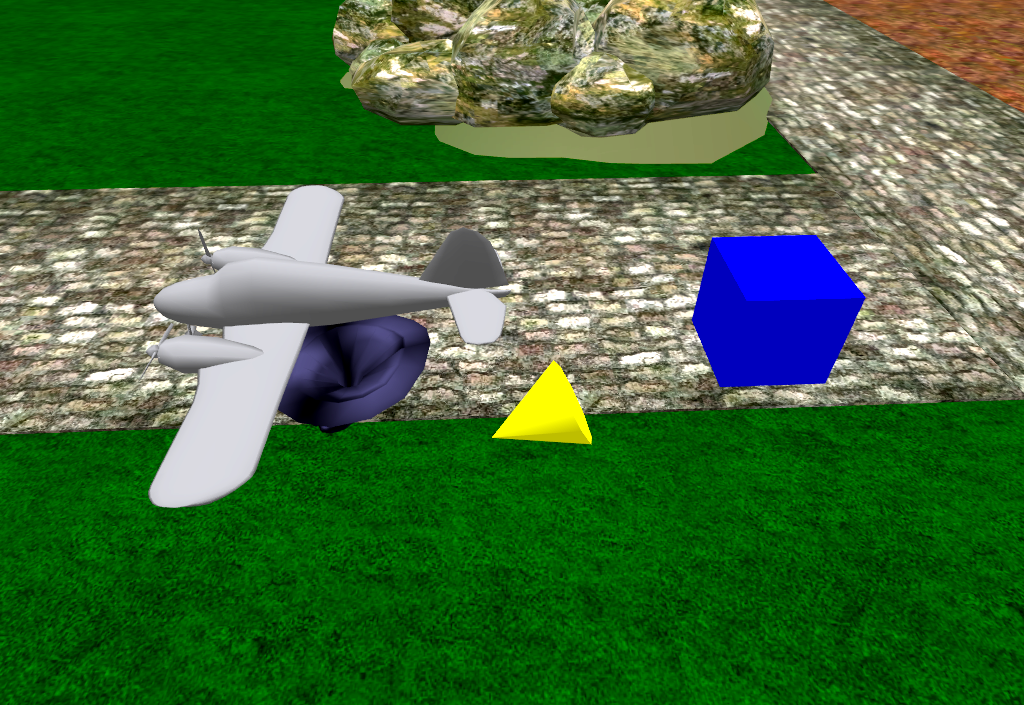

 TATI -
A Logo-like interface for microworlds and simulations for physics
teaching in Second Life. dos
SANTOS, Renato P. In: Proceedings of the ESERA2013 -
10th biannual Conference of the European
Science Education Research Association, September 2nd-7th 2013,
Nicosia,
Cyprus. 2013.
TATI -
A Logo-like interface for microworlds and simulations for physics
teaching in Second Life. dos
SANTOS, Renato P. In: Proceedings of the ESERA2013 -
10th biannual Conference of the European
Science Education Research Association, September 2nd-7th 2013,
Nicosia,
Cyprus. 2013.Abstract
Student difficulties in learning Physics have been thoroughly discussed
in the scientific literature. Already in 1980, Papert complained that
schools teach Newtonian motion by manipulating equations rather than by
manipulating the Newtonian objects themselves, what would be possible
in a ‘physics microworld’. On the other hand, Second Life and its
scripting language have a remarkable learning curve that discourages
most teachers at using it as an environment for educational computer
simulations and microworlds. The objective of this work is to describe
TATI, a textual interface which, through TATILogo, an accessible Logo
language extension, allows the generation of various physics
microworlds in Second Life, containing different types of objects that
follow different physical laws, providing a learning path into
Newtonian Physics.
Referências
Voltar a Artigos Científicos.
Voltar a Artigos Científicos.
Voltar ao começo desta página
Voltar à página principal de Física Interessante